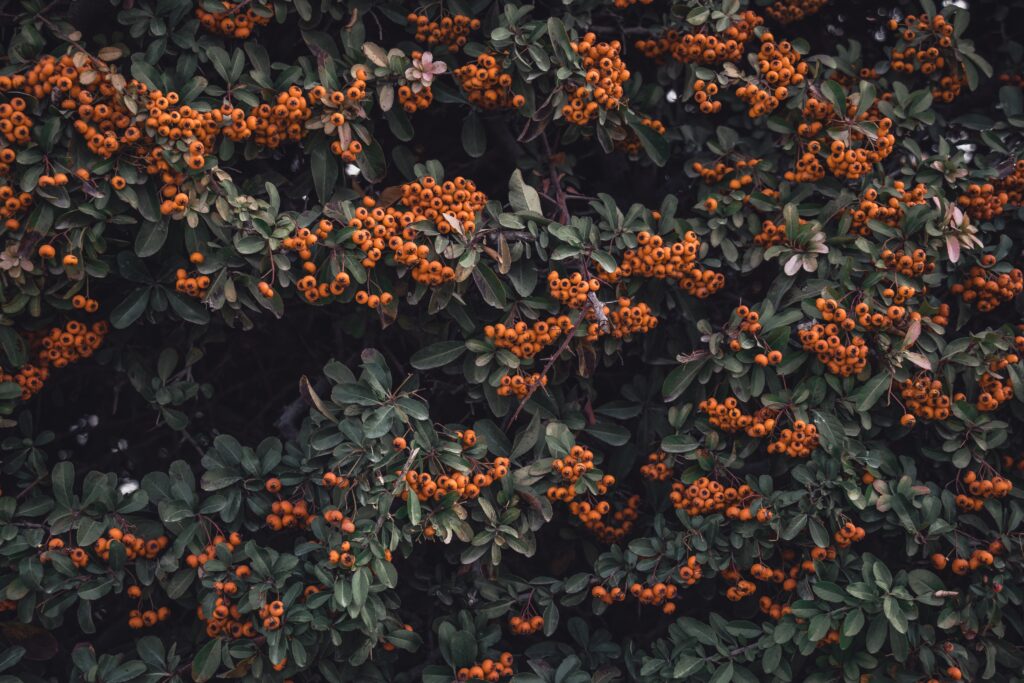In a Team Development Class My Professor Says To Me My People Need to be Bombed
& all I said was look, as if this could tell a hundred years
worth of history in a single verb. Or maybe what I really
meant was can you see me sitting here, looking back at you?
Up until the point of infection, I was something more than
what I really was, just a kid raised on koobideh & fresh
lavash bought from an Iranian bakery. Then a switch was
flipped & I was no longer pure & no tourniquet could stop
this bleeding. When I was eleven, my grandmother died
in Iran & I cried as my father couldn’t be home for Christmas.
How will history remember that in our hometown, somewhere
in memory, my father sits, again a child, under a persimmon
tree & digs his hands into watery, pulpy flesh. Baltimore was
not warm enough to plant a single persimmon tree—it died
when frost arrived & my father merely shook his head in
disappointment. How do you tell a professor, someone who is
supposed to be teaching you, the meaning of Persian kindness?
Before this fire burns out, tell me we exist as a poem, a memory,
that never stops writing itself. In 1950s America, it was
considered flirtatious, even sexual, to call someone an atomic
bomb. & maybe I don’t know the meaning of war enough to see
this perverse devotion, but I will wait until one day I can imagine
a life where I can say look & you will gaze at me & see what you
have done in the blinding light of day. But that wasn’t this day.
We packed up our things quietly & left. Yet another still life,
another grief, to recall each night as we turn off our television.
This Is Not a Burial, It’s a Resurrection
after the film of the same name
There is something you want to say before leaving.
[This is not a goodbye.]
There was no killing involved, though you did see
a deer’s carcass roadside. [It wasn’t you. You swear.]
You’ve been seeing ghosts lately, sketched each one,
took them as omens, maybe ancestors with a message
to pass on. And each day you showered and washed away
humiliation, put on a new skin:
[Whoever you are,
whoever you may become…]
are you upset you’re still alive? Blessed be the hands
that holds the spirits of our dead. They say it’s something
you should celebrate in these parts—you will have
a mother and father until the ocean swallows us whole.
They never mentioned the loneliness that comes with it,
[saying goodbye has never
been easy. Words tend to fail,
our mouths too heavy, clothes
tied with thousands of pebbles.
You envy those who sung poetry
when there was nothing else
but the rising tide biting
at our heels. Run, the ancestors
said, and never look back.
You will find other words for
your sadness like “fossil”
or “archive.” The body is an
archive, don’t you know that?
A history on grief, something
you can’t just easily bury—]
how you reach for shapes in the dark only
to come up empty-handed.
—
Ashley Hajimirsadeghi is an Iranian-American multimedia artist, writer, and journalist. Her writing has appeared, or is forthcoming, in Moon City Review, Hobart, DIALOGIST, RHINO, Salt Hill, and The Shore, among others. She is the Co-Editor-in-Chief at Mud Season Review and a contributing writer and critic at MovieWeb. Her work can be found at ashleyhajimirsadeghi.com.
Photography by: Madhi Soheili
